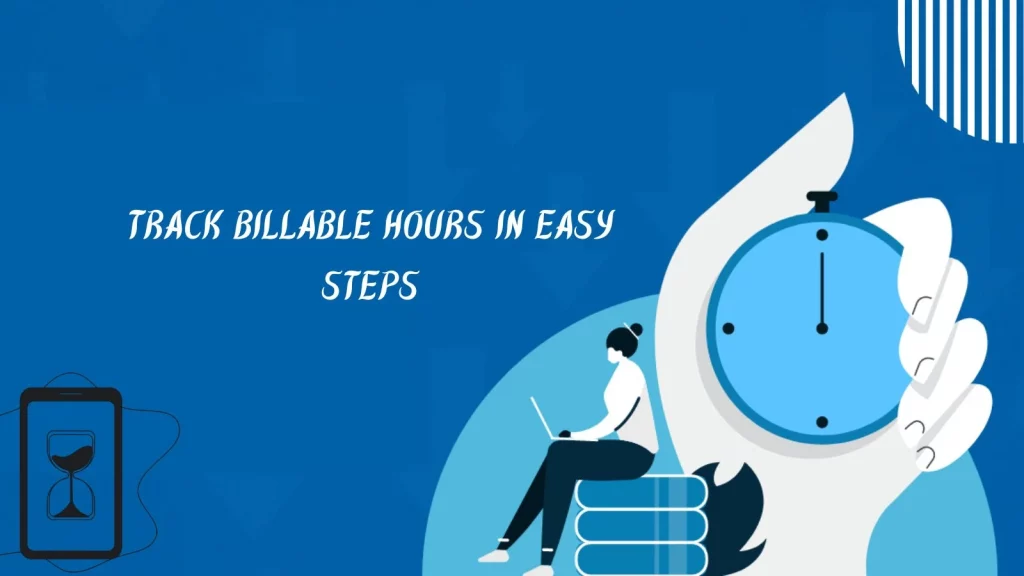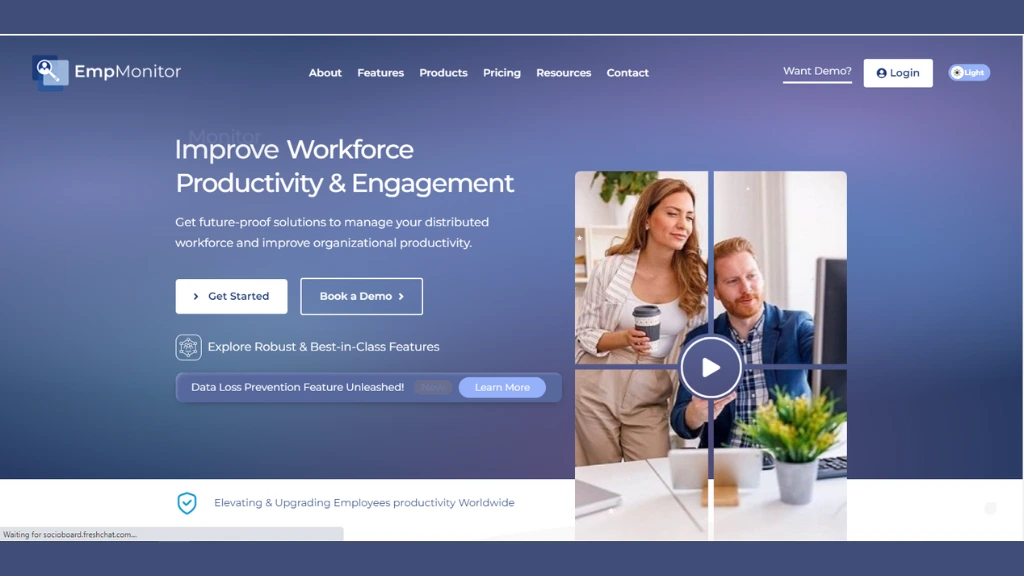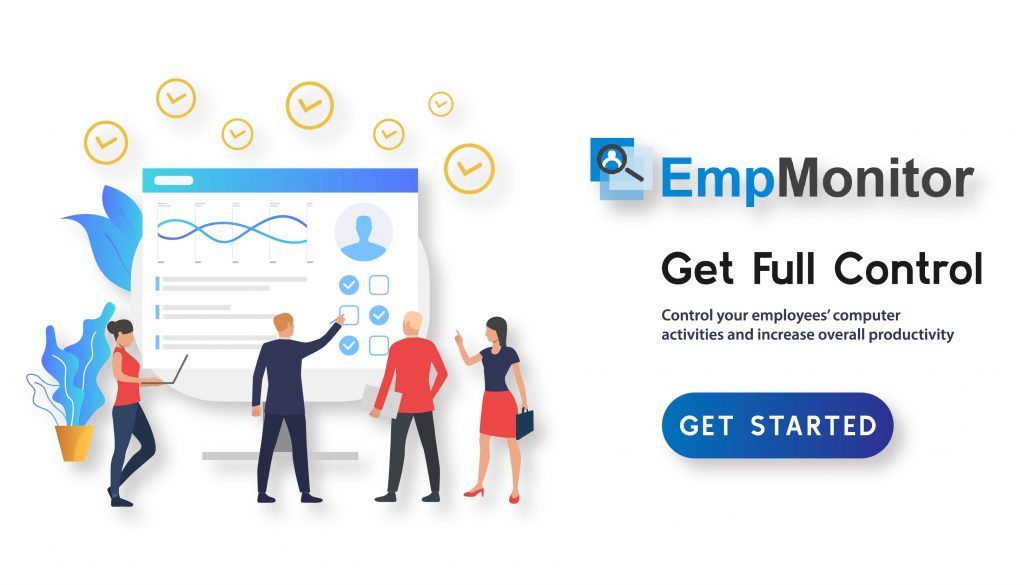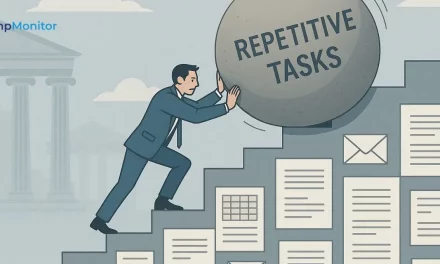Master time management and track billable hours is most important. We’ll navigate the complexities of optimizing your time amidst constant change. As the digital era shapes work dynamics, understanding effective strategies for time tracking becomes crucial.
Explore practical approaches tailored to this era’s challenges. Uncover methods to distinguish and refine billable hours, overcome remote work obstacles, and address compliance concerns. From leveraging cutting-edge tools to prioritizing tasks, each strategy aims to elevate your time-tracking proficiency.
Embark on a journey through the dynamic landscape of efficient time management. Delve into actionable insights and innovative trends shaping how we optimize time in easy steps. Whether you’re a freelancer or part of a corporate team, this guide equips you with the tools to master track billable hours.
LISTEN TO THIS BLOG NOW!!
How Do Billable Hours Work?
Billable hours refer to the time spent by professionals, often in service-based industries like law, consultancy, or freelancing, that can be invoiced to clients. Here’s how they typically work:-
Time Tracking: Professionals track- the time they spend on specific tasks or projects using time management techniques. It includes meetings, research, consultations, or any work directly related to client projects.
Hourly Rates: Each professional sets an hourly rate for their services- which determines how much they’ll charge per hour of work. This rate is often based- on expertise, experience, and industry standards.
Invoicing: At regular intervals (weekly, monthly, etc.), professionals compile the billable hours worked on various tasks or projects and multiply them by the hourly rate. This total is then invoiced- to the client.
Client Agreements: Contracts or agreements between professionals and clients outline the terms for billing, including the hourly rate, frequency of invoicing, and the scope of work covered by billable hours.
Tracking Accuracy: Accurate and detailed time tracking is crucial for billing transparency. It helps justify charges to clients and ensures professionals are compensated fairly for the work performed.
Billable hours are a standard method for professionals to quantify and charge for their time and expertise, providing a clear structure for billing clients based on the time spent on their projects.
Pros And Cons Of Billable Hours
Here are some pros and cons associated with billable hours:
Pros:
Fair Compensation: Professionals get compensated for the- time they invest in client work, ensuring fair payment for services rendered.
Transparent Invoicing: Billable hours tracker provides a clear breakdown of the time spent on each task, enhancing transparency in client billing.
Flexibility: Offers flexibility in pricing as clients are billed based on actual time spent, allowing for adjustments if tasks take longer or shorter than anticipated.
Measure of Productivity: Billable hours serve as a- measure of productivity, helping professionals understand their efficiency and productivity on different tasks or projects.
Revenue Forecasting: Helps in forecasting- revenue based on anticipated billable hours, aiding in financial planning for- businesses.
Cons:
Focus on Time, Not Value: Emphasizes time rather than the value of work delivered. Quality work might be undervalued if completed quickly.
Client Disputes: Clients may dispute hours billed, leading to conflicts if they perceive the time spent as excessive or unnecessary.
Pressure to Log Hours: Encourages professionals to log every minute, which might not accurately represent the actual effort or value of their work.
Limited Scalability: Billing by hours might limit scalability as professionals can only earn as much as the hours they work.
Inefficient for Certain Tasks: Some tasks, especially creative or strategic work, might not align well with billable hours as their value isn’t solely time-based.
Choosing whether to bill by hours depends on various factors, including industry standards, client expectations, and the nature of the work being performed. Some professionals prefer alternative billing models like flat fees or value-based pricing to avoid the limitations associated with billable hours.
Track Billable Hours In 5 Easy Steps
To track billable hours, which represent the hours chargeable to a client for provided services, a consistent tracking system is essential. Imagine you’ve secured a contract with a new client for a project. Here’s how you’d initiate accurate billable hour tracking right from the start:-
Define Rates and Resources: Before starting work, agree on hourly rates with the client. Ensure these rates reflect value for the client and align with project profitability. Establish rates for various roles involved in the project.
Establish Billing Schedule: Set up a consistent billing cycle with the client—whether monthly or bimonthly. Adhering to this schedule maintains healthy cash flow, avoids surprises, and ensures timely payments.
Create a Project Time Log: Create a dedicated time log for the project using project time tracking software like EmpMonitor to efficiently record all billable hours. Use spreadsheets or project management software to track and monitor the hours dedicated to this specific project or contract.
Utilize an Integrated Time Tracker: Employ a unified time tracking system across the project team to maintain clarity and accuracy. Opt for an employee productivity tracker tool such as EmpMonitor that integrates seamlessly with project management. This integration ensures precise hour tracking linked to specific projects.
Calculate Total Billable Hours and Invoice: As invoicing time approaches, compute the total billable hours logged in your time log or project management software. Multiply these hours by the agreed hourly rates to generate accurate invoices promptly. Send these invoices as scheduled or automatically through invoicing tools.
Following these steps, incorporating a reliable software like EmpMonitor helps in track billable hours. It facilitates transparent invoicing and ensures prompt payments from clients.
EmpMonitor: Employee Monitoring Software
EmpMonitor serves as an advanced comprehensive employee monitoring software, providing managers the cutting edge solution for employee overseeing and managing employee activities across an organization efficiently and effectively.
The software provides an array of features to streamline your workforce management and smoothen the internal processes. EmpMonitor facilitates efficient tracking of billable hours through its key features:
Time Tracking: EmpMonitor enables precise monitoring of working hours dedicated to specific tasks or projects, ensuring accurate billable hours.
Activity Monitoring: It provides insights into employee activities, allowing you to correlate productive hours with billable tasks.
Productivity Analysis: EmpMonitor’s analytics tools help evaluate productive hours, aiding in identifying billable versus non-billable activities.
Automated Reports: The platform generates comprehensive reports detailing billable hours, streamlining the invoicing process for clients.
Integration Capabilities: EmpMonitor seamlessly integrates with various project management tools, simplifying billable hour tracking within existing workflows.
EmpMonitor also offers remote employee time tracking, providing detailed insights into tasks, applications used, and productive hours for efficient management and accountability in remote work environments.
With these comprehensive features, EmpMonitor offers a robust solution to track billable hours, enhancing productivity, and facilitating accurate invoicing for client services.
READ MORE:
8 Reasons Explaining Why Your Business Needs Employee Time Tracking Software
Project Time Tracking Software: 12 Amazing Benefits & 7 Key Features To Look For
How To Improve Productivity And Efficiency With Time Management Software?
Non Billable Hours vs. Billable: How to Maximize Earnings?
What Is A Good Billable Hours Percentage?
The ideal billable hours percentage varies across industries and businesses. However, a common benchmark for professional service firms like law firms or consulting agencies often aims for a billable hours target of around 60% to 70%.
The billable hours percentage represents the portion of total hours worked that can be billed to clients. Factors like administrative tasks, non-billable meetings, training, and downtime can influence this percentage.
It’s essential to consider the nature of the business, the industry standards, and the specific objectives of the organization when determining a “good” billable hours percentage. Additionally, some businesses might have higher or lower targets based on their business model, client demands, or the types of services they provide.
The key is to strike a- balance between billable and non-billable activities that optimize revenue generation, maintain client satisfaction, and ensure employee productivity and well-being. Tracking and analyzing billable hours consistently can help businesses set realistic and achievable targets for billable hours percentages.
Choosing the right time and billing software can also help transform your accounting firm or any business in general. It’s more than just tracking hours and creating invoices- it’s about boosting efficiency, managing projects, and increasing profitability.
Wrapping Up
To track billable hours isn’t just about calculating work time—it’s a critical practice for businesses and professionals. It ensures accurate billing for client services, fosters trust through transparent invoicing and aids in understanding project profitability.
Efficient billable hour tracking serves as a compass for businesses, guiding resource allocation and revenue recognition. It empowers fair compensation for services rendered and enables businesses to evaluate their performance while making informed decisions.
Remember, the ideal billable hours percentage varies across industries and businesses. What matters most is finding a balance that optimizes revenue, maintains client satisfaction, and supports employee well-being.
By embracing employee time tracking software like EmpMonitor, businesses can streamline their operations, enhance productivity, and cultivate healthy client relationships. Regularly reviewing and fine-tuning billable hour strategies ensures businesses stay agile and responsive to changing needs.
Ultimately, the journey to mastering track billable hours is about more than numbers—it’s about achieving efficiency, transparency, and profitability in the realm of client services.













